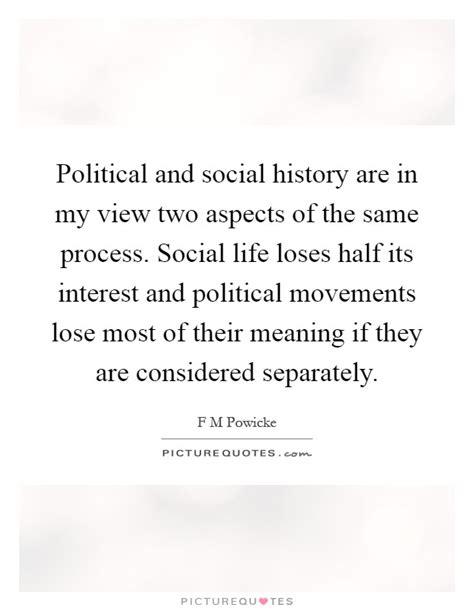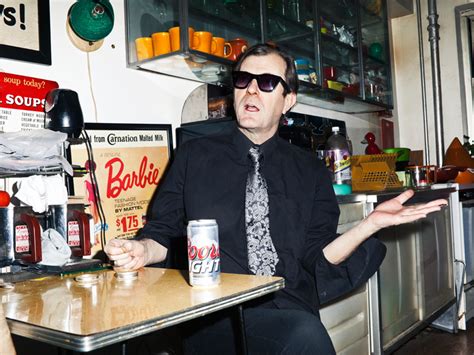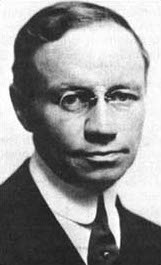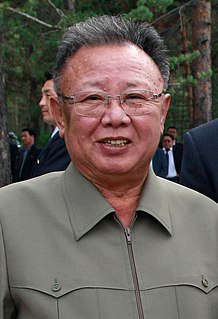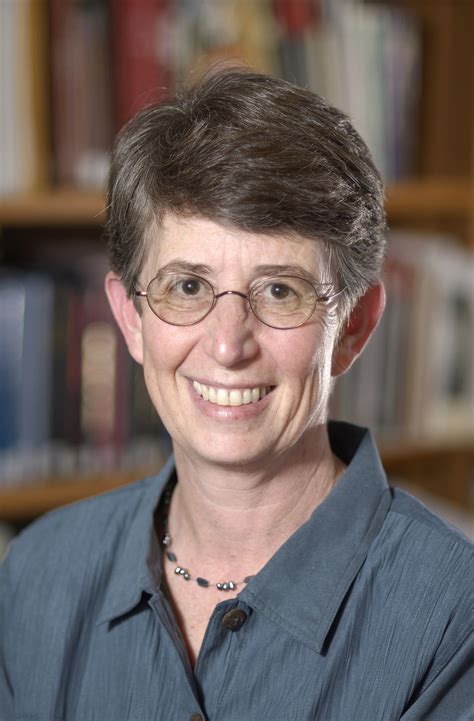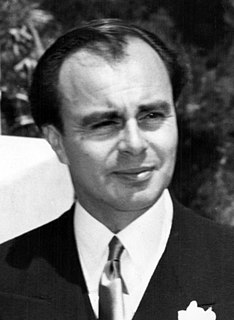A Quote by F. M. Powicke
Political and social history are in my view two aspects of the same process. Social life loses half its interest and political movements lose most of their meaning if they are considered separately.
Related Quotes
If we are going to talk about the most recent of the "Indignados" movements in several countries of the world, including Europe, those are social movements but eventually they will evolve into political movements. This will happen because the traditional bourgeois parties have lost credibility after being the main political influence in most countries of Latin-America and Europe in the last 50 or 60 years.
Venezuela, Ecuador, Bolivia, and Nicaragua have made a tremendous leap just by rejecting the neoliberal adjustment policies, they are making a statement from the social perspective. Capital in these cases has not been protected in any way which along with non - interference of the state is what neo liberalism stands for. It has gone the other way around; they have looked for social policies from the political movements and then when they have acquired the power of those political movements they have become in charge of the State.
Venezuela, Bolivia and Ecuador lived through times of cruel and ruthless capitalism where the workers, the masses of the population, saw themselves living in a precarious state of employment and subsistence conditions. The impact of this reality took hold and impacted the evolution of the social situation of those countries and even though that produced movements that were not exactly political movements but social movements.
Feminism is a belief that although women and men are inherently of equal worth, most societies privilege men as a group. As a result, social movements are necessary to achieve political equality between women and men, with the understanding that gender always intersects with other social hierarchies.
The Social Citizen is the best, most thorough, and most methodologically sophisticated treatment of the role of social networks in political behavior that I have ever read. Betsy Sinclair shows just how strongly we are influenced to express ourselves politically by our family, neighbors, and friends. We are on the verge of a sea change in political science, and this will be one of the most important books we refer to when we describe what happened to the discipline in the twenty-first century.
